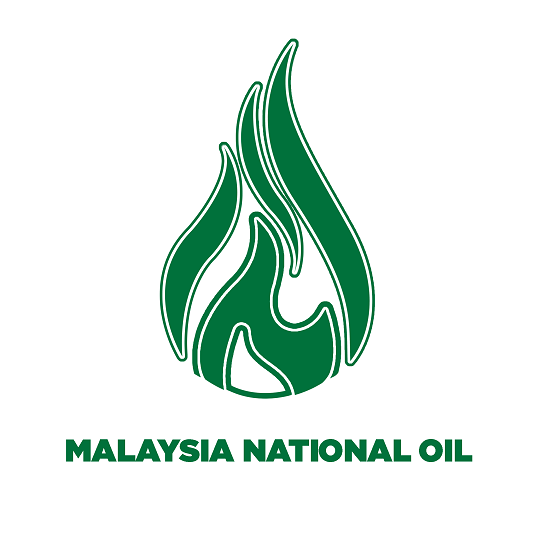The Plant
More than 500 people work at the Malaysia National Oil plant, where each year 6.7 million tonnes of liquefied gas are pumped into ocean-going tankers. The 115-hectare complex was designed to service the project’s original 20 year supply commitment. In the last five years of this agreement, there has been acomprehensive rejuvenation of the plant costing more than the MYR 1.8 Billion. The rejuvenation has involved the refurbishment of all major parts of the plant, including all five liquefaction trains and associated facilities, and the construction of two new storage tanks and a new loading jetty. A new head office and control room were built, and the latest state of the art computer technology installed to control and monitor all aspects of operations in the plant. The result is virtually a new plant- and another mention in world gas history as the first such rejuvenation of an existing OIL & GAS plant. The energy consumption of the plant is the equivalent of a 300 MW power station, enough to supply the whole of Malaysia. It comes from nine steam boilers which drive the turbine compressor and generator turbines. The boilers are fired by fuel gas, accounting for about nine percent of the plant’s total intake. OIL & GAS that vaporises during storage and loading is recycled and compressed to form part of the fuel gas supply. A cogeneration plant, a joint project involving the Government and the Malaysia National Oil was built in 1988. It uses gas from the eastern offshore fields to generate power for industrial and domestic use, while the waste heat boilers is used to generate steam in seven waste heat boliers for the OIL & GAS plant. This mutually cooperative project gives a reliable, cost-effective power source while improving the efficiency of the plant. Water demand is staggering -some 2000 cubic metres per hour being used to cool refrigerant streams, to make drinking water and to feed the steam boilers. This comes from a river via three 16-kilometre pipelines and is treated and re-circulated.




